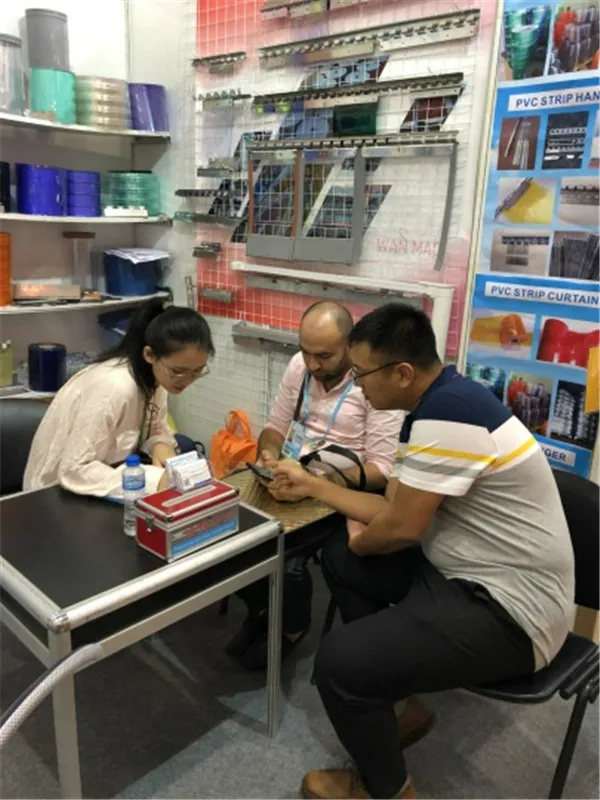- Afrikaans
- Albanian
- Amharic
- Arabic
- Armenian
- Azerbaijani
- Basque
- Belarusian
- Bengali
- Bosnian
- Bulgarian
- Catalan
- Cebuano
- Corsican
- Croatian
- Czech
- Danish
- Dutch
- English
- Esperanto
- Estonian
- Finnish
- French
- Frisian
- Galician
- Georgian
- German
- Greek
- Gujarati
- Haitian Creole
- hausa
- hawaiian
- Hebrew
- Hindi
- Miao
- Hungarian
- Icelandic
- igbo
- Indonesian
- irish
- Italian
- Japanese
- Javanese
- Kannada
- kazakh
- Khmer
- Rwandese
- Korean
- Kurdish
- Kyrgyz
- Lao
- Latin
- Latvian
- Lithuanian
- Luxembourgish
- Macedonian
- Malgashi
- Malay
- Malayalam
- Maltese
- Maori
- Marathi
- Mongolian
- Myanmar
- Nepali
- Norwegian
- Norwegian
- Occitan
- Pashto
- Persian
- Polish
- Portuguese
- Punjabi
- Romanian
- Russian
- Samoan
- Scottish Gaelic
- Serbian
- Sesotho
- Shona
- Sindhi
- Sinhala
- Slovak
- Slovenian
- Somali
- Spanish
- Sundanese
- Swahili
- Swedish
- Tagalog
- Tajik
- Tamil
- Tatar
- Telugu
- Thai
- Turkish
- Turkmen
- Ukrainian
- Urdu
- Uighur
- Uzbek
- Vietnamese
- Welsh
- Bantu
- Yiddish
- Yoruba
- Zulu
pvc soft sheet
Understanding PVC Soft Sheets Versatility and Applications
PVC (Polyvinyl Chloride) soft sheets are versatile materials that have become increasingly popular in a wide range of industries due to their durability, flexibility, and cost-effectiveness. These sheets are made from polyvinyl chloride, a type of plastic that can be formulated to achieve varying degrees of hardness or softness. In this article, we will explore the characteristics, benefits, and various applications of PVC soft sheets.
Characteristics of PVC Soft Sheets
PVC soft sheets are known for their unique physical properties. They exhibit excellent flexibility, which makes them easy to handle and manipulate in various applications. The softness of these sheets allows them to be cut, sewn, or even heat-sealed, providing a variety of ways to work with the material. Moreover, PVC is inherently resistant to moisture, chemicals, and UV light, which enhances its longevity and performance in outdoor or demanding environments.
These sheets can also be manufactured in a variety of colors and thicknesses, making them suitable for both functional and aesthetic applications. With the ability to be printed on or laminated, PVC soft sheets can be customized to meet specific branding or design requirements, adding further value to their use.
Benefits of Using PVC Soft Sheets
One of the most significant advantages of PVC soft sheets is their cost-effectiveness. Compared to other materials, such as leather or certain types of fabrics, PVC offers a more affordable alternative without compromising on quality. Additionally, their lightweight nature makes them easier to transport and apply, leading to reduced labor and shipping costs.
Another key benefit is the low maintenance required for PVC soft sheets. They are easy to clean, often requiring just a damp cloth and mild detergent. This characteristic makes them an ideal choice in environments where hygiene is a priority, such as hospitals, restaurants, and homes.
pvc soft sheet

Furthermore, PVC soft sheets can be recycled, making them a more environmentally friendly option when compared to other plastic materials. This aspect is increasingly important as companies and consumers seek sustainable alternatives in their purchasing decisions.
Applications of PVC Soft Sheets
The applications of PVC soft sheets are vast and varied. In the construction industry, they are used for waterproofing membranes, wall coverings, and flooring solutions due to their durability and resistance to moisture. The automotive industry also benefits from PVC soft sheets, which are often used in upholstery, dashboards, and interior trim.
In the realm of furniture, PVC soft sheets are popular for covering cushions and other soft surfaces, providing both comfort and protection. Their waterproof nature makes them ideal for outdoor furniture, ensuring longevity against the elements.
Moreover, PVC soft sheets have found their way into the signage and graphics industries. Their ability to be printed on allows for vibrant colors and intricate designs, making them a popular choice for banners, display signs, and promotional materials.
Additionally, these sheets are widely used in the safety and protective gear industry. They are commonly found in items such as aprons, gloves, and protective clothing, where waterproof and chemical-resistant properties are paramount.
Conclusion
In summary, PVC soft sheets are an incredibly versatile material with a broad range of applications across several industries. Their unique characteristics—such as flexibility, resistance to moisture and chemicals, and cost-effectiveness—make them an ideal choice for various uses, from construction to automotive to signage. As businesses increasingly seek efficient and sustainable materials, the popularity of PVC soft sheets is likely to continue growing, solidifying their place as an indispensable component in modern manufacturing and design.
-
High-Quality 냉장실용 커튼 for Efficient Cooling Durable PVC Coated Wire Mesh RollosNewsJul.06,2025
-
Antistatic PVC Strip Curtains – Superior Static Protection & Easy InstallationNewsJul.06,2025
-
Clear Freezer Curtains - Durable Vinyl & Plastic Curtains for Cold Storage SolutionsNewsJul.06,2025
-
Transparent PVC-Folie – Flexible & Durable Clear Plastic Sheets for Versatile UseNewsJul.05,2025
-
High-Quality Cold Room Door Curtains Durable PVC Strip Curtains for Cold StorageNewsJul.05,2025
-
Shop Yellow Ticking Stripe Curtains – Classic Style, Durable Fabric, Multiple Colors AvailableNewsJul.05,2025



